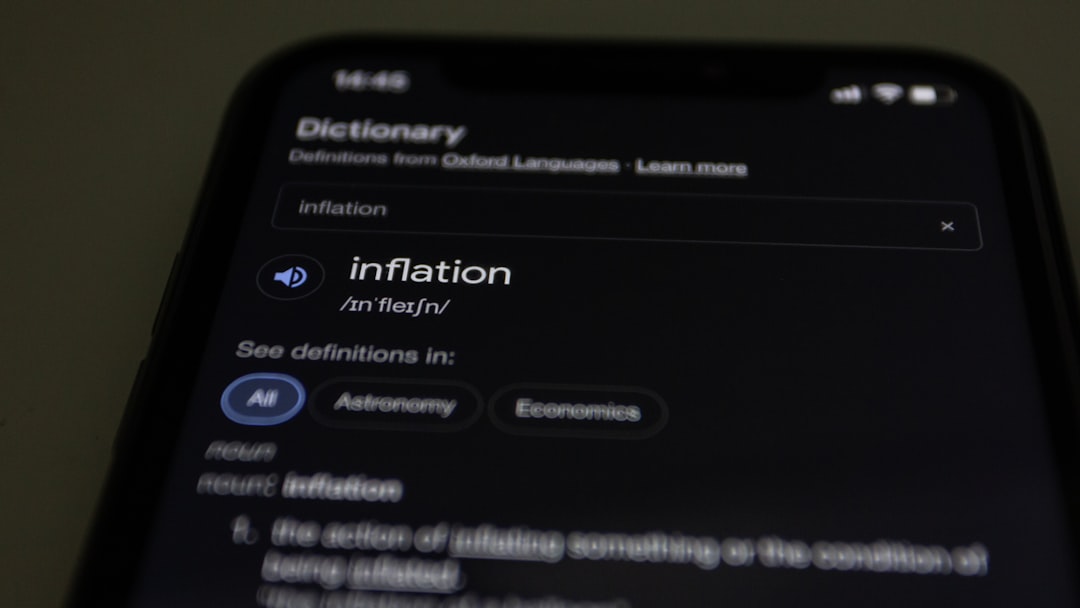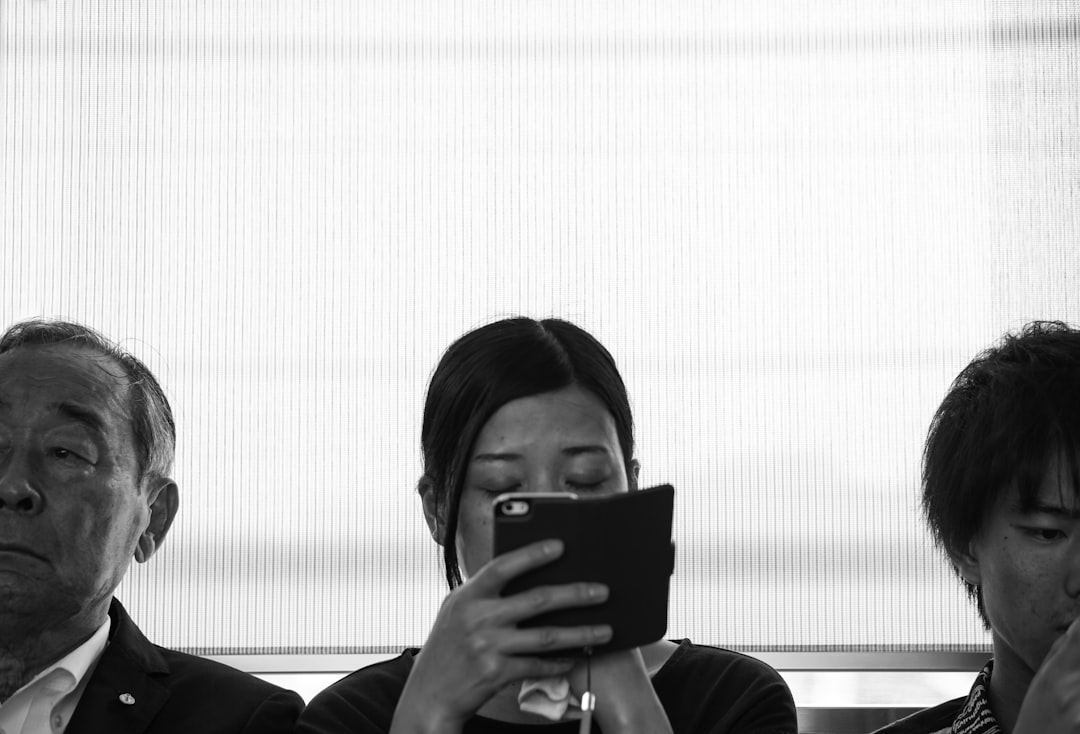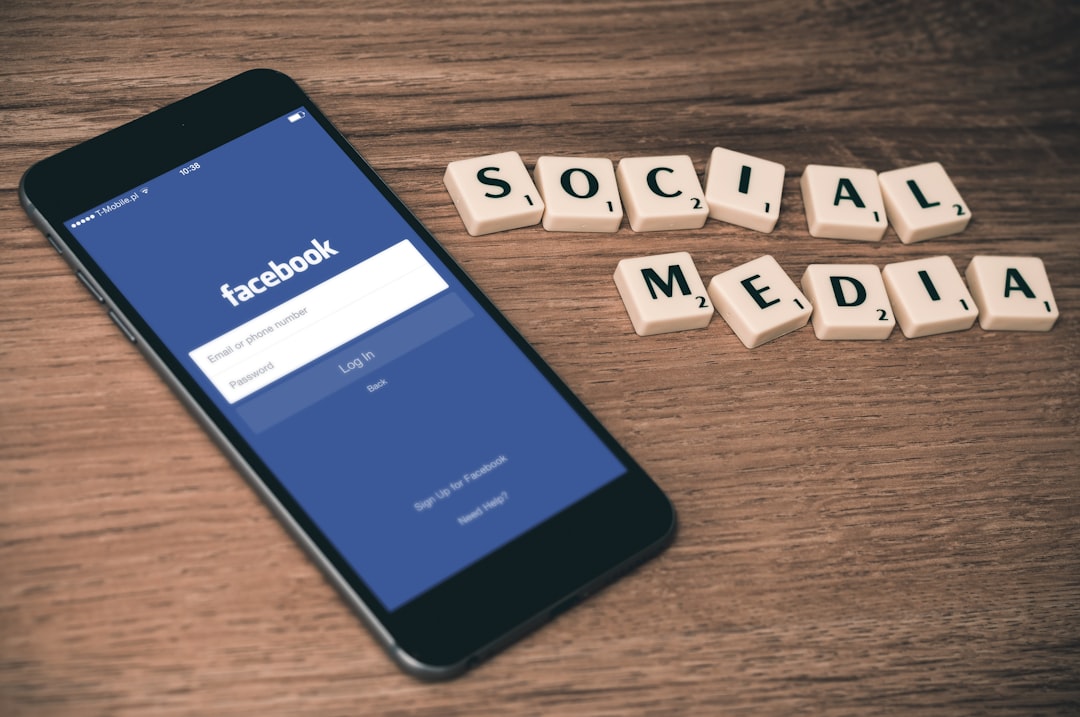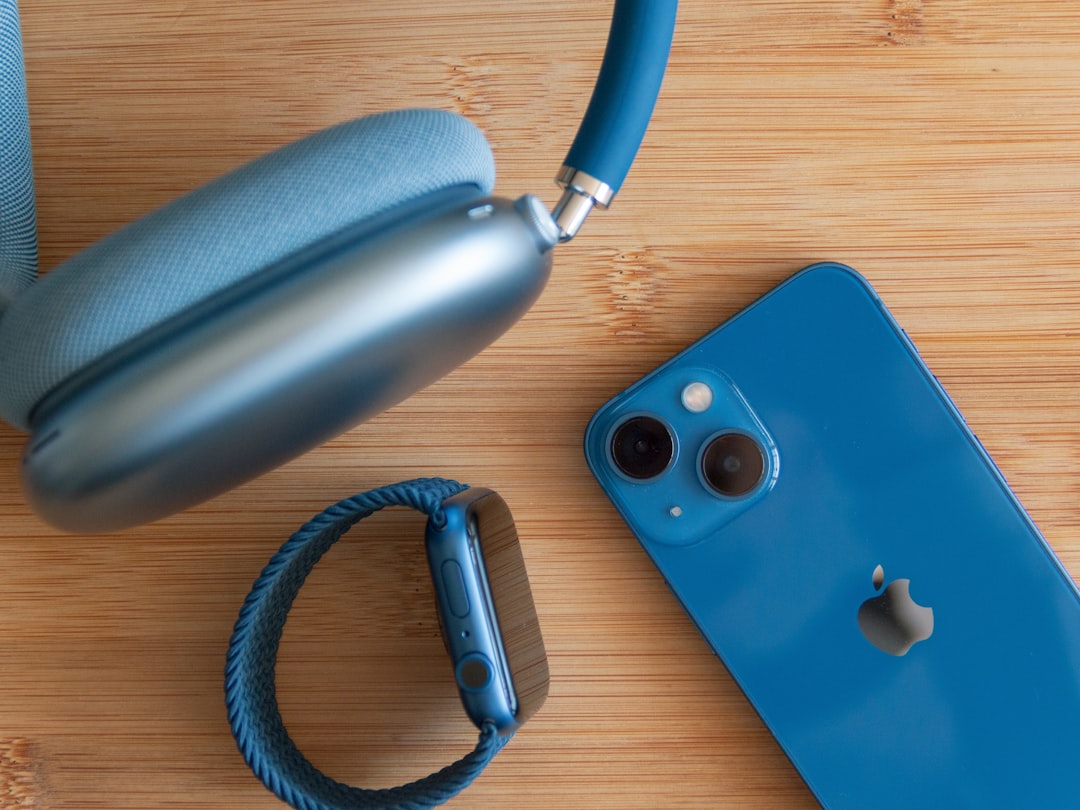Digital Detox: 11 Hidden Ways Your Phone Is Draining Your Mental Energy
Our phones are useful tools that also carry subtle costs. Many of those costs don't show up as obvious problems, but they quietly trim the mental energy you rely on for focus, joy, and rest. This piece walks through eleven hidden ways that frequent phone use saps energy so you can spot the patterns without guilt. I'll mix research-backed insights with simple recognition cues and approachable steps you can try this week. Expect no shaming—only clear signals and doable swaps that fit real life.
1. Phantom Notification Syndrome

Have you ever felt a buzz that turned out to be nothing? That's phantom notification syndrome, and it reflects how conditioned our nervous systems have become to expect digital signals. Research shows people check their phones around 96 times a day, which primes the brain into a near-constant anticipatory state. That low-level waiting for the next alert consumes attention and energy because the brain keeps scanning for meaning even when you’re trying to relax. You might notice a raised heart rate, a sense of restlessness when your pocket is empty, or frequent micro-checks during conversations. A gentle first step is a short "notification audit": turn off nonessential alerts for one day and note how often your body cues you to check. Many readers find that the urge fades within hours and that evenings feel calmer. Over time, you can create quiet windows—meal times, short walks, and bedtime—where your phone stays out of reach, allowing the anticipatory system to downshift and restore mental energy.
2. Cognitive Switching Penalties

Switching from a task to a message or app isn't harmless. Studies of task-switching show that frequent interruptions can shave off as much as 40 percent of productive time in digital contexts. Each switch forces your brain to rebuild context, recall where you left off, and reorient, which costs time and mental effort. You might feel like you're busy all day yet leave tasks feeling unfinished or foggy. Look for signs like frequent tab-hopping, long lists of half-completed chores, or an evening feeling of mental sludge despite a full workday. One realistic fix is time-blocking: set 25–50 minute focus windows and silence nonurgent notifications. Another tactic is to create a small ritual for task transitions, such as a three-breath pause before switching activities; that short reset reduces attention residue and makes transitions less draining. Over weeks, these practices rebuild your capacity for deeper work and leave more energy for activities you truly value.
3. Dopamine Baseline Disruption

Notifications and feed-based apps trigger quick dopamine hits that reward scrolling and checking. Over time, those artificial reward cycles can lower your baseline motivation for everyday tasks, making chores, hobbies, or slow activities feel less rewarding. App designers often exploit these reward loops, so what feels like simple entertainment can become a pattern that substitutes for more nourishing sources of satisfaction. You might notice that you need more screen stimulation to feel engaged, or that tasks you once enjoyed now feel dull. A compassionate approach is to reduce feed-driven checks by scheduling two or three deliberate viewing windows a day and choosing apps that serve purpose rather than constant novelty. Another helpful swap is pairing low-dopamine activities with brief, phone-free rituals—like a ten-minute walk without audio—so your brain relearns how ordinary pleasures provide steady, real-world rewards. The goal isn't to eliminate joy but to rebalance where your rewards come from so energy is available for meaningful pursuits.
4. Chronic Micro-Stress Accumulation

Not every stressor is dramatic. Repeated small triggers—urgent pings, distressing headlines, or a cascade of messages—add up into chronic micro-stress that raises cortisol over time. Elevated cortisol nudges the body into a mild "on" state, redirecting resources away from digestion, repair, and calm focus. Experts note how this constant alertness can sap energy that would otherwise support restoration. You may notice a mild jitteriness, difficulty relaxing after short bursts of phone use, or an uptick in irritability. Start by curating what reaches you: set a news curfew, choose one trusted news source, and mute group threads that cause churn. Small breathing practices after checking emotionally charged content can also lower immediate reactivity. Making these changes gradually keeps them sustainable; the point is to reduce the steady trickle of small stressors so your nervous system can reclaim energy for healing and clear thinking.
5. Sleep Architecture Fragmentation

Phones influence sleep in more ways than blue light alone. They increase mental arousal through stimulating content, foster anticipatory checking before bed, and can leave emotional residue that fragments sleep stages. Survey data show about 22 percent of people link social media use to sleep disruption, but the effects extend beyond that figure: fragmented sleep architecture means fewer restorative deep and REM cycles, so you might wake tired even after a full night. Watch for patterns like waking at night to replay messages, difficulty falling back asleep after a late scroll, or mornings that feel foggy despite decent hours in bed. A gentle night routine helps: set a phone curfew an hour before bed, use "do not disturb" overnight, and replace scrolling with a calming, phone-free habit like reading a paper book or gentle stretching. Small, consistent steps restore sleep quality over time and return significant daytime energy that had been quietly lost.
6. Decision Fatigue Multiplication

Every notification, app prompt, or menu choice contributes to decision fatigue. Phones present hundreds of micro-decisions daily—from which message to open to which article to tap—each one nibbling at your mental bandwidth. As decisions accumulate, making meaningful choices later in the day becomes harder; by evening you may feel mentally depleted and less able to handle tasks that require judgment. Notice if routine decisions feel suddenly heavy or if small choices push you toward easy defaults. To reduce this load, batch low-stakes choices (meal planning, app-check times) and use simple rules like "no social apps until after lunch." Another strategy is to narrow options: declutter your home screen so fewer apps demand attention. These adjustments preserve decision energy for higher-impact moments and make daily life feel smoother and more manageable.
7. Attention Residue Buildup

When you stop a task partway through—even briefly—to reply to a message, some of your attention stays behind. That's attention residue, and it reduces the efficiency of subsequent work sessions. Over a day of many such interruptions, residues pile up and leave you less able to concentrate on complex problems. You might find you read the same paragraph twice, have trouble following conversations, or need extra time to complete tasks that once felt straightforward. Simple practices cut residue quickly: after an interruption, spend one minute jotting a sentence about where you left off, then take three slow breaths before returning. That short ritual signals completion to your brain and improves re-entry into focused work. Over time, reducing the frequency of interruptions—and improving recovery when they happen—brings back deeper concentration and spares mental energy for satisfying accomplishments.
8. Social Validation Energy Drain

Phones make social feedback immediate, and that accessibility can create a constant loop of seeking approval. Likes, comments, and follower counts provide quick bursts of social reward but can also shift energy toward external validation rather than internal goals. Research links social media use to negative self-image for some users, and many people report emotional churn despite increased connectivity. Watch for signs like checking posts first thing in the morning, feeling down after a scroll session, or making choices to please an imagined audience. Creating boundaries helps: limit the apps you use for comparison, schedule short social-check windows, and replace reactive posting with reflective sharing—post with intention rather than as a habit. Over time, shifting energy from seeking approval to doing activities that feel personally meaningful restores motivation that feels steadier and more nourishing.
9. Information Overload Processing Costs

Smartphones give access to near-limitless content, which forces your brain to triage constantly. Even when you only skim, your mind expends effort deciding what’s worth attention. That continuous processing costs energy and can leave you feeling mentally thin. You'll notice this as a restless tendency to keep scanning, difficulty finishing a single story, or a sense that your brain has less capacity for nuanced thinking. A practical approach is to create a trusted, minimal daily brief—a single email or podcast episode you trust—that satisfies your need for news or inspiration without the scatter. Also try periodic content fasts: one day a week with no nonessential news or feeds. Those pauses reduce the steady drain of triage and let deeper thinking return, which feels more energizing than constant skimming.
10. Anticipatory Anxiety Cycles

Expecting responses or fearing missed updates creates low-grade anxiety that chews away energy. Research indicates about half of people feel anxious when separated from their devices; that anticipatory state keeps the mind keyed up and less able to recharge. You might feel a constant undercurrent of worry, check compulsively in social settings, or become preoccupied with what you might be missing. Gradual exposure helps: start with short, intentional phone-free intervals and notice how anxiety wanes with practice. Pairing those pockets with grounding activities—breathing, walking, or focused conversation—retrain the nervous system to tolerate absence and discover that presence can actually feel richer without constant digital monitoring. Over time, those small exposures shrink anticipatory cycles and free up energy for calm engagement with daily life.
11. Natural Reward System Suppression

Relying on phone stimulation can dull the brain's responsiveness to everyday joys like a warm meal, a conversation, or a sunset. When digital stimuli become the primary source of novelty, real-world experiences can feel flatter and less energizing, which perpetuates more screen use in search of feeling good. This pattern reduces the restorative power of ordinary pleasures and undermines long-term motivation. Recognize this pattern if hobbies lose their spark or if you reach for your phone to fill quiet moments. A nurturing way back is to reintroduce small, phone-free habits that reliably lift mood: a short unhurried walk, a five-minute creative task, or a mindful cup of tea. Practicing these regularly helps the brain relearn natural rewards so they regain their energizing effect, restoring a gentle, sustainable source of pleasure that doesn’t drain your reserves.
Reclaiming Small Chunks of Energy

These eleven hidden drains add up into a steady surrender of mental energy, but the path back is kind and doable. Start with one small experiment—an evening phone curfew, a notification audit, or a brief daily focus window—and treat it as data about how your nervous system responds. Expect some discomfort at first; research and experience both show the urge to check fades quickly when you offer the brain gentle alternatives. The goal isn't perfection but better balance: protect your capacity for deep thought, restful sleep, choice clarity, and pleasure from everyday life. Over weeks, these shifts restore energy and make room for the kinds of activities that nourish you. If stress or sleep problems remain, consider consulting a trusted clinician, and remember that small, consistent steps compound. You have permission to choose where your attention goes—those choices return mental energy that helps you feel more present, confident, and resilient.